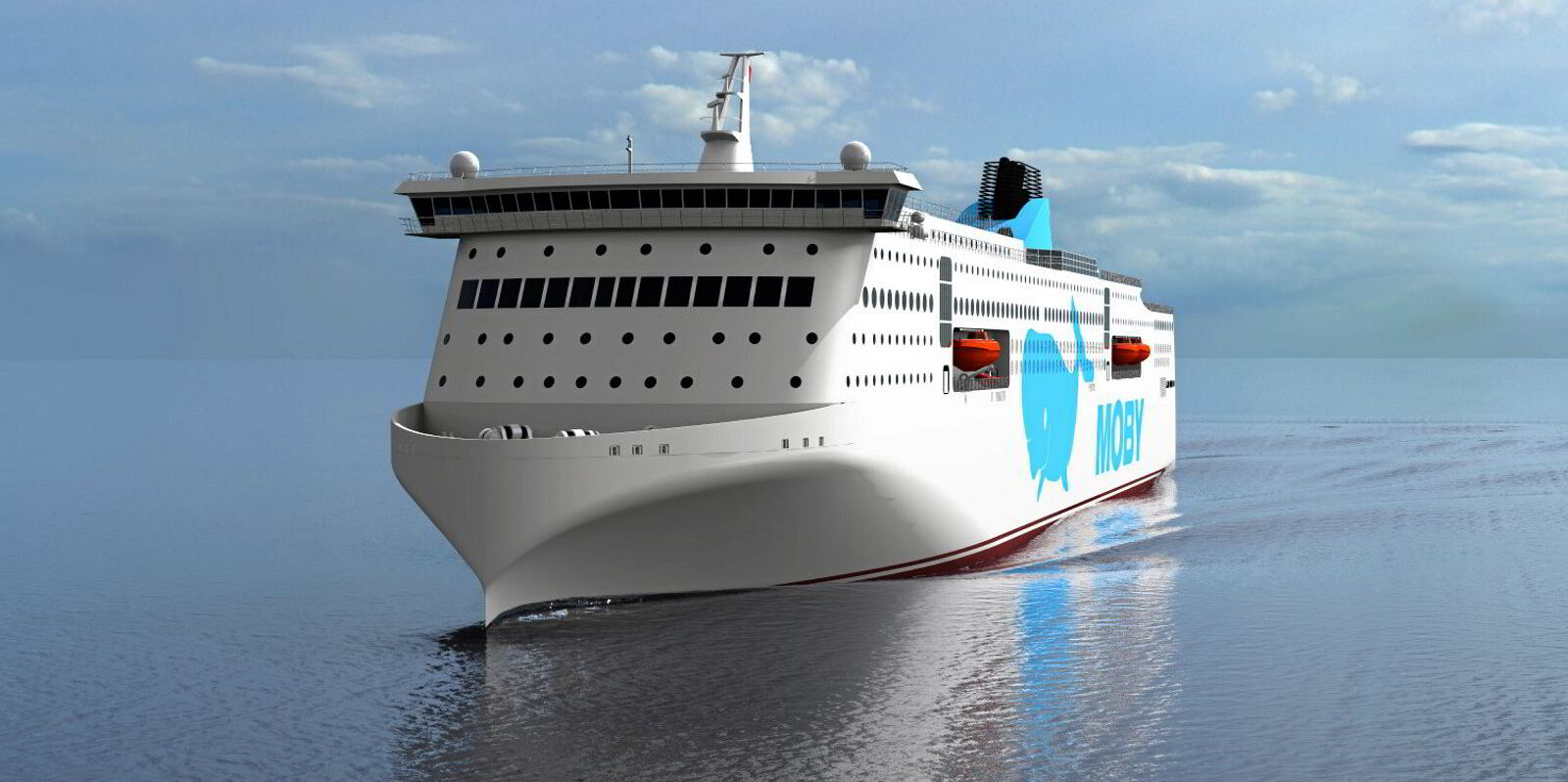MSC Mediterranean Shipping Co and two Italian ropax companies are facing a competition probe over island routes.
Italian antitrust regulator AGCM said that restrictions of competition may have occurred following the acquisition of 49% of shipowner Moby’s share capital by MSC’s Shipping Agencies Services in 2022.
The other owner involved in the probe is Grandi Navi Veloci (GNV).
The investigation will also determine how the subsequent “large financing” of $256m granted by Shipping Agencies Services to Moby in 2023 may have affected competition.
“The markets concerned, extremely concentrated, are those of maritime transport of goods and passengers on some routes between the continent and the major islands where only Moby and GNV are present, or at most a third operator,” AGCM said.
“These are markets characterised by significant barriers to entry.”
The regulator is working with the special antitrust unit of the Guardia di Finanza, Italy’s financial police.
Inspections by officials from both organisations were carried out at offices of Moby, GNV, Onorato Armatori and Marinvest.
Moby runs ropaxes linking Italy’s mainland to tourist islands such as Sardinia and Corsica.
GNV said it provided maximum cooperation during the inspections.
Paying off debt
MSC has been contacted for comment.
The giant shipowning group loaned money to Moby to pay off banks and bondholders.
This was aimed at ending a restructuring that had been going on for years at Onorato family-owned Moby.
A total of €85m was due to go to the administrators of ferry operator Tirrenia, which Moby bought out of insolvency in 2011.
Moby also needed to pay off holders of €300m in notes.
The company filed for a court-supervised restructuring in Milan in 2020.
The tribunal agreed to a restructuring plan earlier in 2023 in which bond funds such as RBC BlueBay Asset Management and Cheyne Capital Management would pump money into Moby in return for shares in a new company that was to own the fleet.
But Moby said this capital structure would not have been sustainable due to the changed macroeconomic environment.
Instead, it suggested an alternative plan to repay bondholders up to 65.5% of their debt.
The company came under pressure from the Covid pandemic, as well as tougher competition and weak freight traffic volumes in the past few years.
The restructuring plan also envisaged the sale of several non-core ships to enable the recovery of about 80% of payments to Tirrenia.(Copyright)







